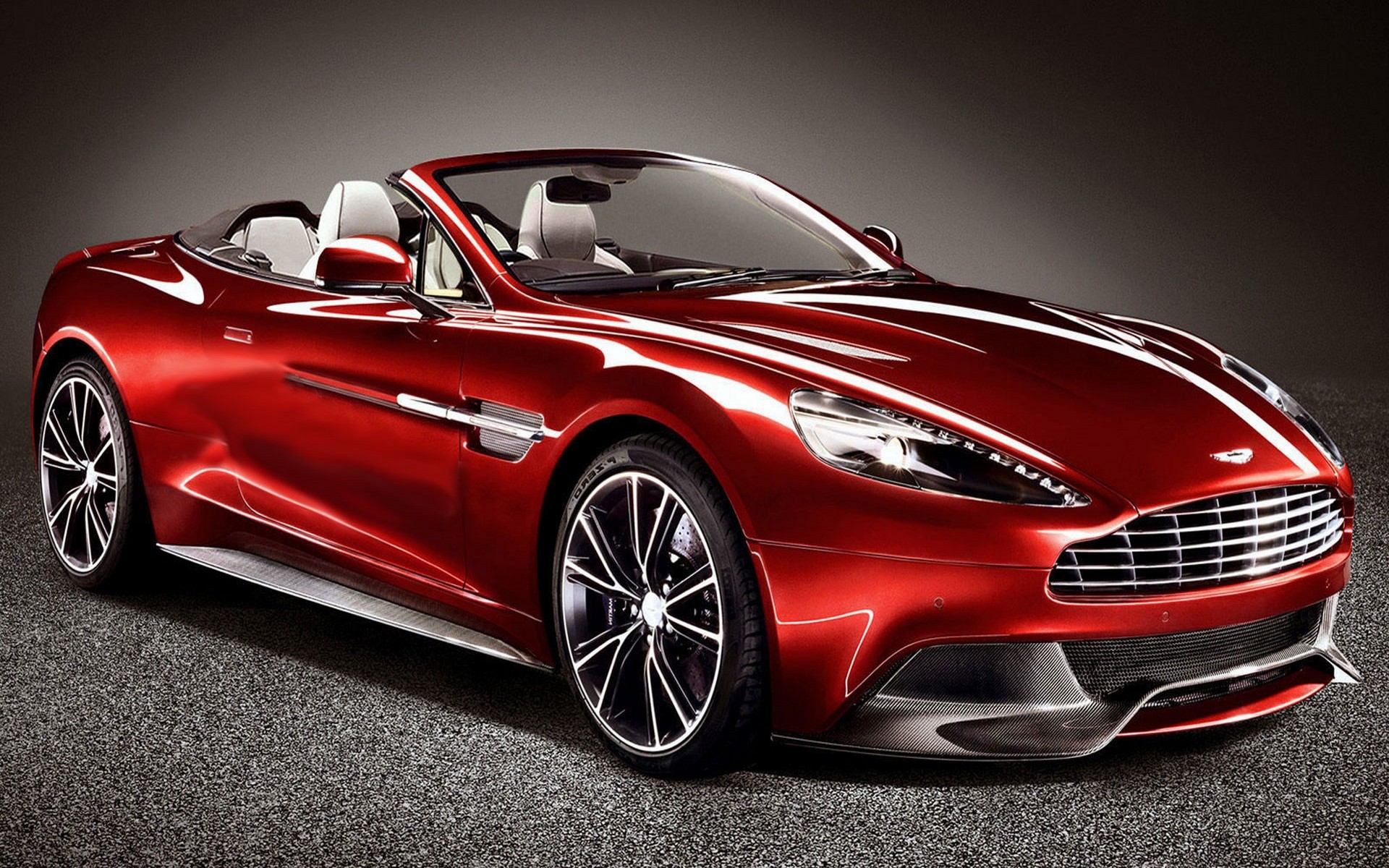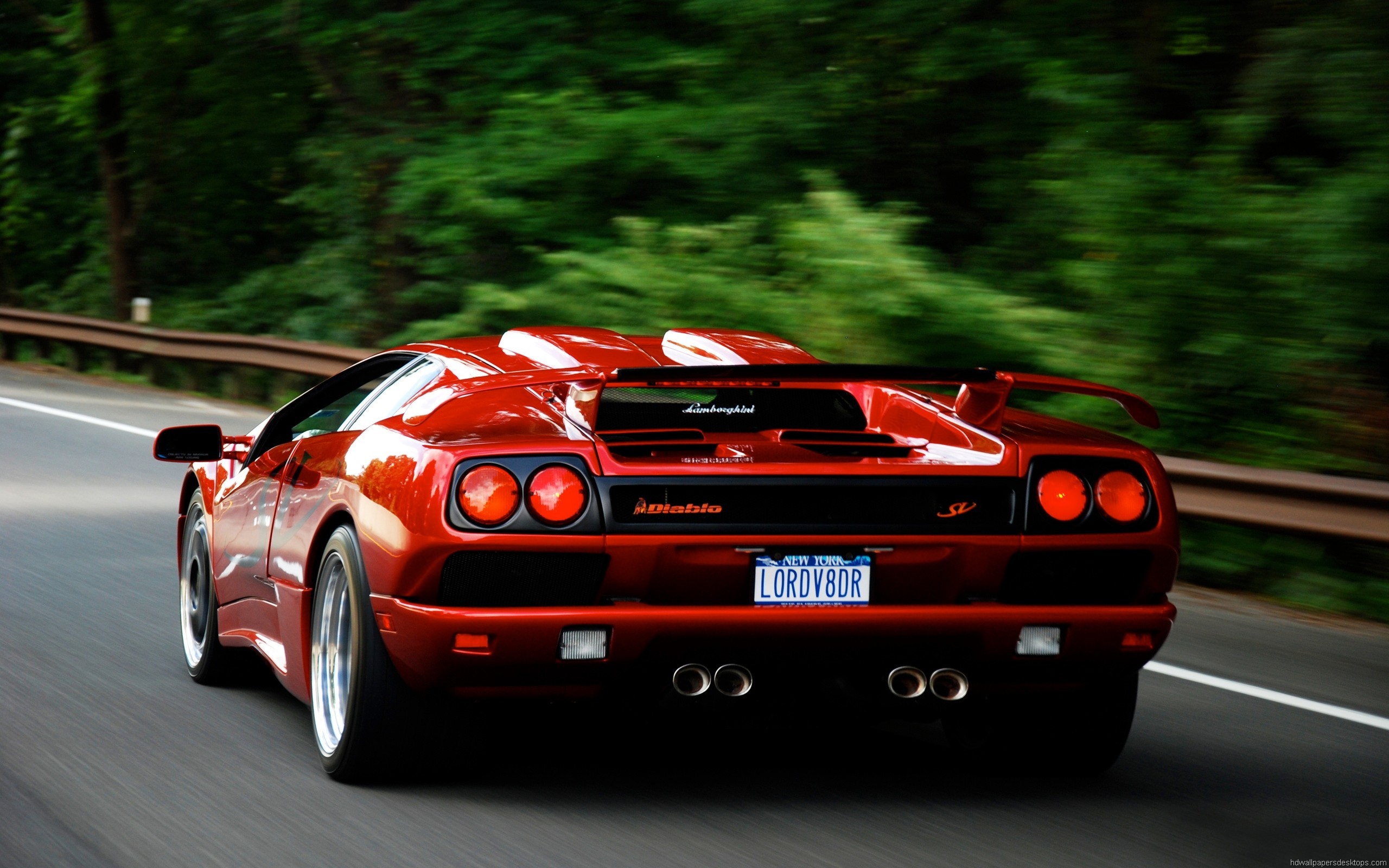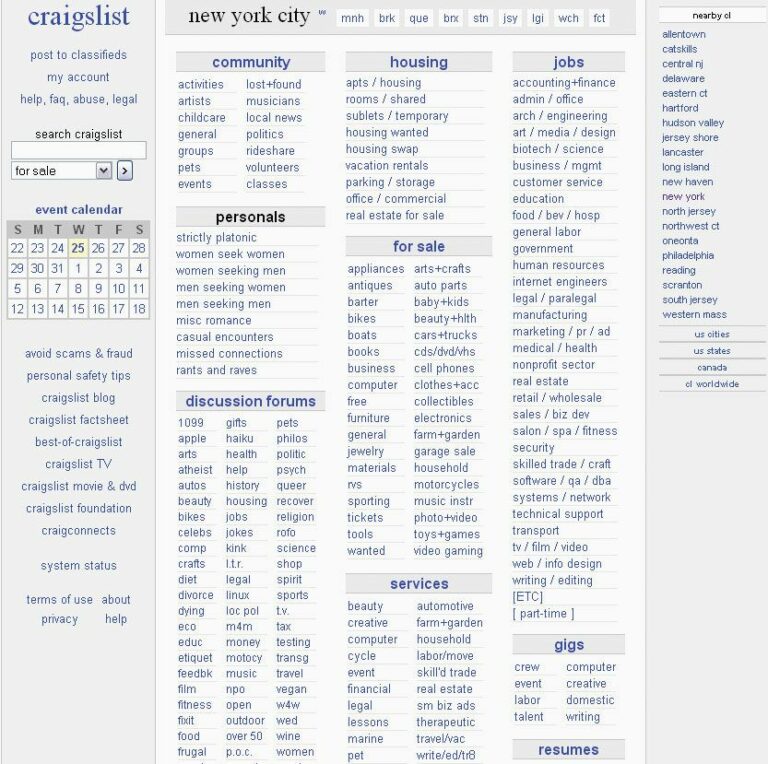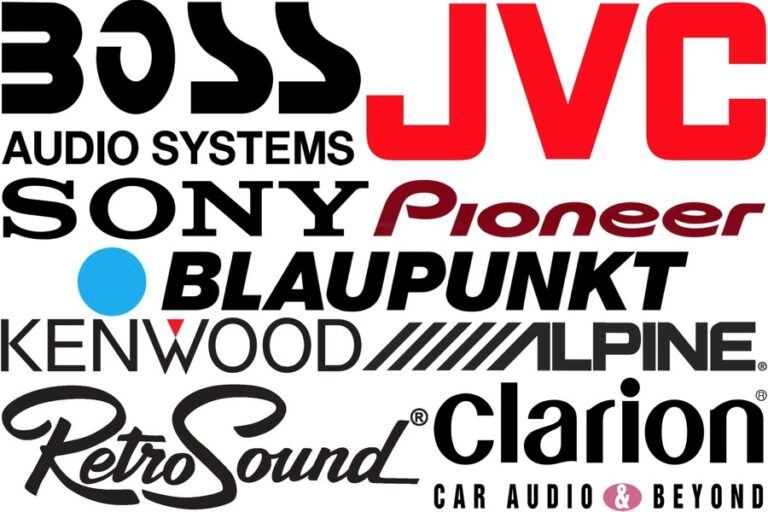Car Brands With H: A Comprehensive Guide to Automotive Excellence
Car Brands With H: A Comprehensive Guide to Automotive Excellence cars.truckstrend.com
The automotive world is a vast and dynamic landscape, populated by manufacturers from every corner of the globe, each contributing to the rich tapestry of vehicles we see on our roads today. Among these diverse players, a select group stands out, sharing a common initial: the letter "H." From global titans renowned for their reliability and innovation to specialized commercial vehicle producers and rising stars from emerging markets, car brands starting with "H" represent a significant segment of the industry. This comprehensive guide delves into these prominent marques, exploring their histories, key offerings, unique selling points, and their enduring impact on the automotive landscape. Understanding these brands is crucial for anyone looking to make an informed decision about their next vehicle, or simply to appreciate the breadth of the global car market.
The Titans of "H": Honda and Hyundai
Car Brands With H: A Comprehensive Guide to Automotive Excellence
When one thinks of car brands starting with "H," two names immediately spring to mind: Honda and Hyundai. These two giants, originating from Japan and South Korea respectively, have carved out immense market shares and global reputations for distinct reasons.
Honda: The Global Powerhouse of Engineering and Reliability
Key Information: Founded in 1948 by Soichiro Honda, Honda Motor Co., Ltd. is a Japanese multinational conglomerate primarily known for manufacturing automobiles, motorcycles, and power equipment. It began as a motorcycle manufacturer and rapidly expanded into automobiles, becoming one of the largest automakers in the world. Honda’s philosophy has always revolved around engineering excellence, innovation, and reliability.
Key Models: Honda’s lineup is diverse and highly popular globally. Core models include the Civic (a long-standing compact car icon known for its fuel efficiency and engaging drive), the Accord (a sophisticated mid-size sedan offering comfort and performance), the CR-V (a leading compact SUV blending practicality with efficiency), the Pilot (a family-friendly three-row SUV), and the Ridgeline (a unique unibody pickup truck). Honda also has a strong presence in the hybrid market with models like the Insight and hybrid versions of its popular cars and SUVs, and is making strides in electric vehicles.
Benefits & Selling Points: Honda vehicles are renowned for their exceptional reliability, strong resale value, and fuel efficiency. Their engines, often featuring VTEC technology, are celebrated for their balance of power and economy. Honda also prioritizes safety, consistently earning high ratings in crash tests. The brand’s driving dynamics often strike a good balance between comfort and sportiness, appealing to a broad range of drivers.
Challenges & Solutions: While lauded for reliability, some critics occasionally point to Honda’s design language as being conservative, though recent models have shown more adventurous styling. Competition in every segment is fierce, pushing Honda to continuously innovate in areas like infotainment and advanced driver-assistance systems (ADAS) to stay ahead.
Practical Advice: Honda is an excellent choice for buyers prioritizing long-term reliability, low running costs, and a well-engineered driving experience. They are particularly popular among families, commuters, and those who appreciate practical yet refined vehicles.
Hyundai: From Challenger to Global Leader

Key Information: Established in 1967, Hyundai Motor Company is a South Korean multinational automotive manufacturer and is part of the Hyundai Motor Group, which also includes Kia and Genesis. For decades, Hyundai was perceived as a budget-friendly option, but through aggressive investment in design, quality, and technology, it has transformed itself into a formidable global player, challenging established premium brands.
Key Models: Hyundai’s current lineup is extensive and highly competitive. Popular models include the Elantra (a stylish and value-packed compact sedan), the Sonata (a sleek and feature-rich mid-size sedan), the Tucson (a boldly styled and technologically advanced compact SUV), the Santa Fe (a versatile mid-size SUV), and the Kona (a quirky and popular subcompact SUV). Hyundai has also made significant inroads into the electric vehicle market with its Ioniq sub-brand, offering highly acclaimed EVs like the Ioniq 5 and Ioniq 6.
Benefits & Selling Points: Hyundai is famous for its industry-leading warranty (often 5-year/60,000-mile basic and 10-year/100,000-mile powertrain in some markets), offering peace of mind to buyers. Their vehicles consistently offer a high level of standard features for the price, including advanced infotainment systems and comprehensive safety suites (SmartSense). Hyundai’s design language, spearheaded by Luc Donckerwolke, has become distinctive and often avant-garde, making their vehicles stand out. Quality has improved dramatically, placing them on par with many Japanese and European rivals.
Challenges & Solutions: Despite its remarkable ascent, Hyundai still occasionally battles historical perceptions of being a "budget" brand, though this is rapidly changing. Differentiating within the Hyundai Motor Group (Hyundai, Kia, Genesis) can also be a challenge, as they share many platforms and technologies. However, distinct design and marketing strategies help maintain unique brand identities.
Practical Advice: Hyundai offers exceptional value for money, cutting-edge technology, and stylish designs. They are ideal for buyers seeking a feature-rich vehicle with a strong warranty, modern aesthetics, and a comfortable ride, without breaking the bank.

Specialized and Emerging "H" Brands
Beyond the mainstream giants, other "H" brands cater to specific niches or represent growing forces in the global market.
Hino: The Commercial Vehicle Specialist
Key Information: Hino Motors, Ltd. is a Japanese manufacturer of commercial vehicles and diesel engines, headquartered in Hino, Tokyo. It is a subsidiary of Toyota Motor Corporation and is one of the leading producers of medium and heavy-duty diesel trucks and buses in Asia. Hino vehicles are known for their robustness, durability, and efficiency in demanding commercial applications.
Key Models: Hino produces a wide range of commercial trucks, from light-duty models suitable for urban deliveries to heavy-duty trucks used for long-haul transport and construction. Their bus lineup includes city buses, tour buses, and specialized vehicles. Specific model names vary by region, but often include series designations like Hino 300 Series (light-duty), Hino 500 Series (medium-duty), and Hino 700 Series (heavy-duty).

Benefits & Selling Points: Hino trucks and buses are engineered for reliability and low operating costs, critical factors for commercial fleet owners. They benefit from Toyota’s extensive engineering expertise and quality control, ensuring long service life and minimal downtime. Their focus on diesel engines means strong torque and fuel efficiency for heavy loads.
Challenges & Solutions: Hino operates in a highly specialized commercial vehicle market, which means less visibility to the general public compared to passenger car brands. Their challenges revolve around meeting stringent emissions regulations globally and adapting to the growing demand for electric commercial vehicles.
Practical Advice: Hino is the go-to brand for businesses and municipalities requiring dependable, efficient, and durable commercial vehicles for logistics, construction, public transport, and other heavy-duty applications.
Haval: China’s SUV Contender
Key Information: Haval is an automotive brand owned by Great Wall Motors (GWM) of China, launched in 2013 as a dedicated SUV marque. GWM itself is one of China’s largest SUV and pickup truck manufacturers. Haval has rapidly grown within China and is increasingly expanding its presence into international markets, offering feature-packed SUVs at competitive prices.
Key Models: Haval’s lineup primarily consists of SUVs across various sizes. Popular models include the Haval H6 (a best-selling compact SUV in China, known for its extensive features), the Haval Jolion (a stylish and compact SUV aimed at younger buyers), the Haval H9 (a larger, more rugged SUV), and the Haval F7 (a more design-oriented SUV).
Benefits & Selling Points: Haval vehicles are known for offering an impressive array of standard features, including advanced safety technologies, large infotainment screens, and luxurious interiors, often at a price point significantly lower than established rivals. Their designs are becoming increasingly sophisticated and appealing. The brand is rapidly improving in terms of build quality and driving dynamics.
Challenges & Solutions: The primary challenges for Haval in international markets include building brand recognition and overcoming historical perceptions of Chinese vehicle quality. They are addressing this through aggressive marketing, long warranties, and continuous improvements in engineering and safety ratings.
Practical Advice: Haval presents a compelling option for budget-conscious buyers seeking a modern, well-equipped SUV with generous interior space. They are particularly popular in emerging markets where value for money is a key driver.
A Legacy Remembered: Holden
Key Information: Holden was an Australian automobile manufacturer, founded in 1856 as a saddlery maker. It eventually became a subsidiary of General Motors (GM) in 1931 and was synonymous with Australian motoring for decades, producing iconic local models. Sadly, due to declining sales and market shifts, GM ceased the Holden brand’s sales and manufacturing operations in 2020.
Key Models: Holden’s most famous model was the Commodore, a large family car produced for generations, available in sedan, wagon, and ute (utility vehicle) body styles. Other notable models included the Kingswood and various performance vehicles developed by Holden Special Vehicles (HSV).
Benefits & Selling Points: Holden cars were cherished for their robust construction, suitability for Australian conditions, and often powerful engines, including celebrated V8s. They held a significant cultural place in Australia, representing local manufacturing and a distinct driving character.
Challenges & Solutions: Holden faced immense challenges from global competition, shifting consumer preferences towards SUVs, and the high cost of manufacturing in Australia. Despite efforts to localize global GM models, the brand ultimately couldn’t sustain its operations.
Practical Advice: Holden vehicles are now primarily collector’s items or used vehicles. For those in Australia, they represent a significant piece of automotive history. Owners can still access parts and service through GM’s aftersales network.
Other Notable "H" Brands (Brief Mentions)
- Hennessey Performance Engineering: An American hypercar manufacturer and automotive tuner based in Sealy, Texas. Hennessey is renowned for creating extremely powerful, high-performance versions of various sports cars and trucks, and for producing its own bespoke hypercars like the Hennessey Venom GT and Venom F5.
- HSV (Holden Special Vehicles): While technically a division rather than a standalone brand like the others, HSV was the performance vehicle partner of Holden, taking standard Holden models and transforming them into high-performance, track-ready machines. It ceased operations with Holden’s closure.
- Hindustan Motors: An Indian automobile manufacturer, perhaps best known for producing the iconic Ambassador car (based on the Morris Oxford III) for many decades, a car that became a symbol of Indian motoring. The company’s car manufacturing ceased in 2014.
Choosing Your "H" Brand Vehicle: Practical Advice
Navigating the diverse world of "H" car brands requires careful consideration of your needs and priorities:
- Define Your Needs: Are you looking for a reliable daily commuter (Honda Civic, Hyundai Elantra)? A family-friendly SUV (Honda CR-V, Hyundai Tucson, Haval H6)? A commercial workhorse (Hino)? Or perhaps a high-performance machine (Hennessey)?
- Budget: "H" brands span a wide price range. Hyundai and Haval typically offer excellent value for money, while Honda occupies a more mid-to-premium mainstream segment. Commercial vehicles like Hino have their own pricing structure.
- Reliability and Durability: Honda is consistently ranked high for reliability. Hyundai has made massive strides and offers an excellent warranty. For commercial use, Hino’s durability is paramount.
- Technology and Features: Hyundai often leads the pack in offering cutting-edge infotainment and ADAS features as standard or at lower trim levels. Haval also excels in this area for its price point.
- Resale Value: Honda vehicles tend to hold their value very well.
- Test Drive: Always test drive multiple models from different "H" brands to get a feel for their driving dynamics, comfort, and features.
- After-Sales Support: Consider the dealership network, service availability, and parts accessibility in your region.
Table of Car Brands With H: A Snapshot
| Brand | Country of Origin | Primary Focus | Key Models (Examples) | Typical Price Category | Key Selling Points |
|---|---|---|---|---|---|
| Honda | Japan | Passenger Cars, Motorcycles, Power | Civic, Accord, CR-V, Pilot, Ridgeline | $$$ (Mid-Range) | Reliability, Resale Value, Fuel Efficiency, Engineering Excellence |
| Hyundai | South Korea | Passenger Cars, SUVs, EVs | Elantra, Sonata, Tucson, Santa Fe, Ioniq 5 | $$ (Value/Mid-Range) | Warranty, Technology, Design, Value for Money, EV Leadership |
| Hino | Japan | Commercial Trucks & Buses | Hino 300/500/700 Series (Trucks) | $$$$ (Commercial) | Durability, Reliability, Efficiency for Commercial Use, Toyota Backing |
| Haval | China | SUVs | H6, Jolion, H9, F7 | $ (Entry-Level/Value) | Aggressive Pricing, Feature-Packed, Rapid Improvement in Quality |
| Holden | Australia | Passenger Cars (Defunct) | Commodore, Kingswood (Historical) | N/A (Used Market) | Australian Heritage, Robustness, Performance (Historical) |
| Hennessey | USA | Hypercars, Performance Tuning | Venom GT, Venom F5 | $$$$$ (Ultra Luxury) | Extreme Performance, Exclusivity, Customization |
| Hindustan | India | Passenger Cars (Defunct) | Ambassador (Historical) | N/A (Used Market) | Historical Significance, Simplicity (Historical) |
*Note: Price Categories are indicative and vary greatly by model, trim, region, and new vs. used status.
- $: Entry-Level / Budget-Friendly
- $$: Value / Mainstream
- $$$: Mid-Range / Premium Mainstream
- $$$$: Commercial / Specialized
- $$$$$: Luxury / Ultra-Luxury / Performance
Frequently Asked Questions (FAQ) about Car Brands With H
Q1: Which "H" brand is generally considered the most reliable?
A1: Honda consistently ranks very high in reliability surveys. However, Hyundai has made significant strides in recent years, and its long warranty offers excellent peace of mind. For commercial applications, Hino is known for its robust durability.
Q2: Are "H" brand cars good value for money?
A2: Absolutely. Hyundai and Haval are particularly known for offering an impressive array of features and technology at competitive price points, providing excellent value for money. Honda also offers strong value due to its reliability and high resale value.
Q3: Do any "H" brands make luxury cars?
A3: While no direct "H" brand operates solely in the luxury segment, Hyundai Motor Group owns the Genesis luxury brand. Genesis vehicles share platforms and technology with Hyundai but are marketed as distinct premium vehicles, offering a true luxury experience. Some higher trims of Honda and Hyundai models also offer near-luxury levels of comfort and features.
Q4: Which "H" brand is best for performance?
A4: For extreme, bespoke performance, Hennessey Performance Engineering is the leader, producing hypercars and highly modified vehicles. Historically, certain Honda models (like the Civic Type R) and Holden’s V8-powered vehicles (especially those tuned by HSV) were known for their performance capabilities.
Q5: Are Chinese "H" brands like Haval safe?
A5: Chinese brands like Haval have made substantial improvements in safety. Many models now achieve good ratings in crash tests conducted by independent organizations in various markets (e.g., ANCAP in Australia). It’s always advisable to check the specific crash test ratings for any model you are considering.
Conclusion
The world of "H" car brands is a microcosm of the global automotive industry itself – diverse, innovative, and constantly evolving. From the established engineering prowess of Honda and the rapid ascent of Hyundai to the specialized strength of Hino and the emerging force of Haval, these brands collectively offer a vast array of choices for consumers worldwide. Whether you prioritize bulletproof reliability, cutting-edge technology, unparalleled value, or rugged commercial capability, there’s likely an "H" brand that fits your needs. As the industry continues its journey towards electrification and autonomous driving, these companies will undoubtedly remain at the forefront, shaping the future of mobility and continuing to redefine what it means to drive.



